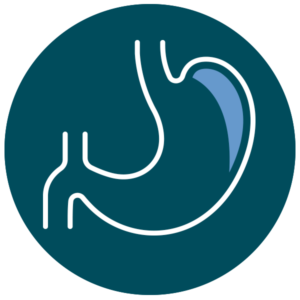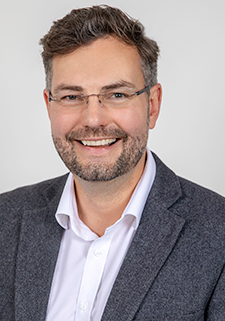
Endoscopic retrograde cholangiopancreatography, or ERCP, is a specialised technique used to study the ducts or “drainage tubes” of the gallbladder, pancreas and liver.
During the procedure an endoscope (a thin, flexible tube) will be passed through your mouth, into the oesophagus and stomach and then into the first part of the small intestine. This is the area of the bowel where the bile and pancreatic ducts connect into the bowel. A small plastic tube will then be placed through the endoscope and passed into the opening of the bile and/or pancreatic ducts. X-ray dye is injected in order to obtain a picture of these ducts. Sometimes a small cut is made into the muscle surrounding the opening to the bile duct (“sphincterotomy”) in order to allow better drainage of the bile duct or to perform other procedures such removing gallstones, taking samples, placing stents (drainage tubes) or stretching of narrowing in the bile duct.
How should I prepare for ERCP?
For ERCP you should have nothing to eat or drink, not even water, usually six hours before the examination. Your doctor will tell you when to start this fasting.
Information for Referring Doctors
Clinical practice guidelines for surveillance Endoscopic retrograde cholangiopancreatography (ERCP).
(If you are a patient having a procedure with us, you will be sent instructions personalised to you. Refer to these instructions for your specific case.)







